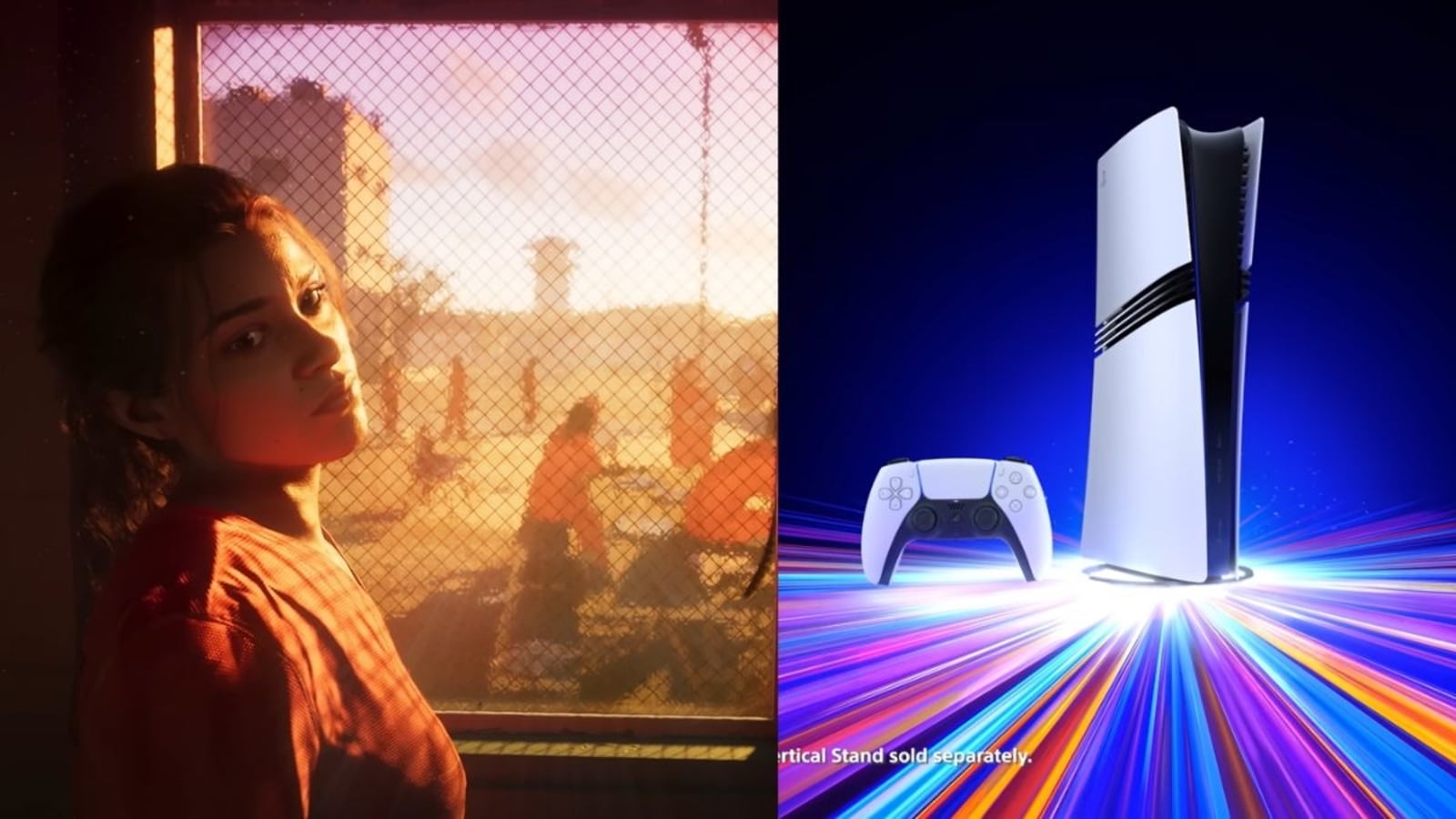It was appropriate in a week of Philharmonic pride that the soloist earlier in the program was drawn from the ranks of the orchestra: Anthony McGill, the principal clarinet, who was featured in the American premiere of Salonen’s “kínēma.” Replace the “k” with a “c” and you get the idea; the piece was drawn from plans for a film score.
Salonen said from the stage that the roughly half-hour work, composed during the pandemic lockdown and scored for strings alone, was “practically” a clarinet concerto — made up of five “scenes” that he compared to individual rooms, each without the ranging or development we usually expect within concerto movements. (For those who wanted development, he said to laughter, there was the Beethoven symphony to come after intermission.)
The first scene is a shining, dewy dawn; the second, a soft, easygoing aria over a steady repeating bass line; the third, a bright, pizzicato accompaniment to a skipping, spattering clarinet; the fourth, a restrained elegy punctuated by sudden, swiftly abandoned surges.
The fifth begins with hymnlike solemnity, reminiscent of a sunset, with the violins making a high, smooth spearing sound that shades into the tone of the clarinet. Unexpectedly aggressive, sharply rhythmic music follows — this seems to be the material that Salonen joked earlier was an echo of “Psycho” — accompanied by siren cries from the soloist.
It felt odd to be unleashing so much drama at the very end, a big release of something that was never quite built up. But “kínēma” isn’t unpleasant, and McGill was a stylishly reserved soloist, not one to impose himself even in virtuosic passages — his tone mellow yet direct, sweet and refreshing.
The concert — beginning with Luciano Berio’s elegantly wry, 20th-century layering of four versions of an 18th-century Luigi Boccherini quintet — was a spirited union of new and old, and an aptly stirring celebration of exciting news.
New York Philharmonic
This program repeats through Saturday at David Geffen Hall, Manhattan; nyphil.org.























